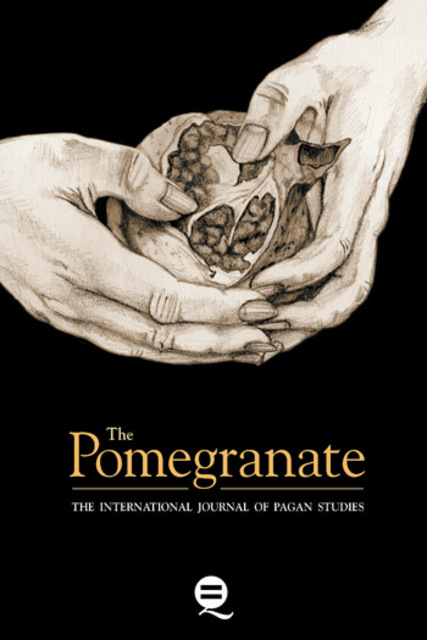“Of Divels in Sarmatia Honored” Writing Baltic Paganism In Early Modern England

Full description
The persistence of Paganism in the Baltic region (especially Lithuania) long after its official conversion to Christianity in 1387–1413 was a matter of widespread concern in early modern Europe, including England, challenging the narrative of Christianity’s triumph in northern Europe. England had a long history of engagement in the Baltic, and early modern English authors displayed an interest in surviving Baltic Pagans, while English Jesuits labored in Lithuania to bring Pagans to Catholicism. This article examines the language used to portray Baltic Paganism by English authors and translators, arguing that Poland-Lithuania’s status as a European power meant Lithuanian Pagans received a somewhat more sympathetic treatment than other indigenous Pagans, such as the Sámi of Scandinavia and Native Americans. Early modern English responses to Lithuanian Paganism thus illuminate the complexity of European Christian attitudes to living Pagan religion in northern and eastern Europe.
- typeImage
- created on
- file formatjpeg
- file size66 KB
- container titlePomegranate
- creatorFrancis Young
- issn1743-1735 (online)
- issue24.1
- publisherEquinox Publishing Ltd.
- publisher placeSheffield, United Kingdom
- doi
We use cookies to analyze our traffic. Please decide if you are willing to accept cookies from our website. You can change this setting anytime in Privacy Settings.
